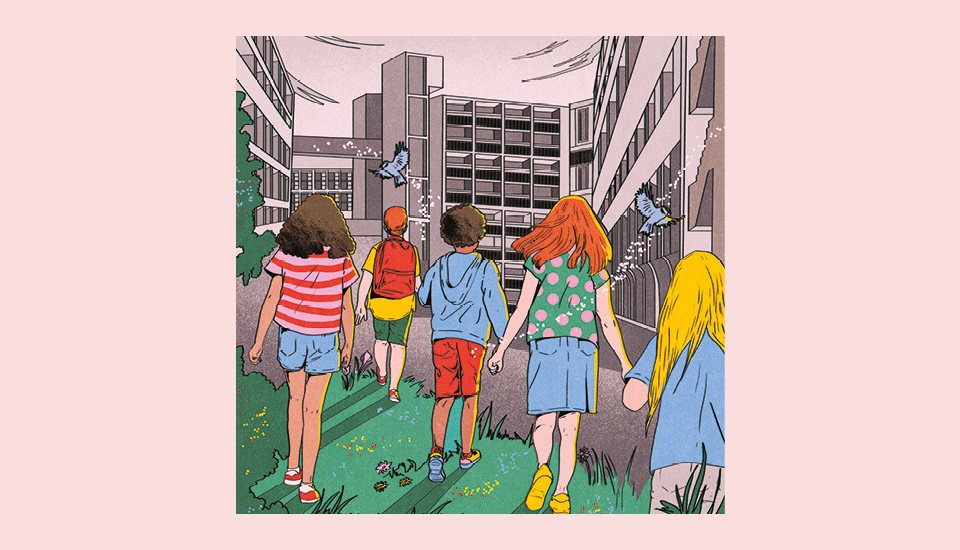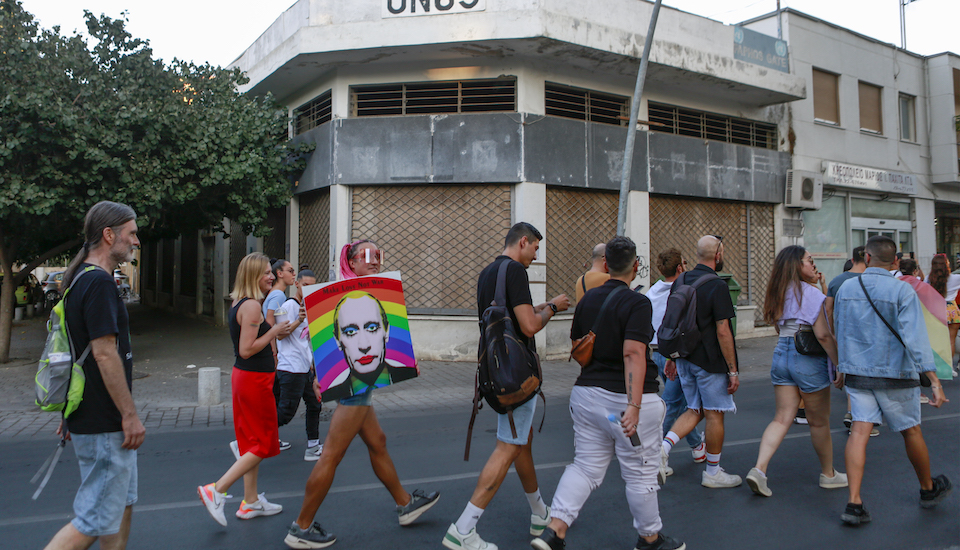During the first Covid-19 lockdown, Carly Jones MBE FRSA became even more concerned about the autistic people she works with and how they and others who struggle to communicate their pain would be able to gain timely care from their parents, carers, residential home staff, doctors, teachers and paramedics. So, she designed and launched a self-funded app to help.
Many autistic people struggle with interoception, a lesser-known sense that helps you understand and feel what is going on inside your body; enabling you to feel, process and understand a sensation inside of you. The most vital yet all too hidden concern is to know ‘where it hurts’. But first of all you have to know that you are actually experiencing pain. Many of the women I work with have not known they were pregnant until much later than most. Some have given birth quickly without much support or even at home. Likewise, too many autistic teenagers I meet report having to have emergency appendix removal, unaware they had appendicitis. If you do not know the sensation you are experiencing could be pain, you cannot begin to get the help you need.
So I launched a self-funded app called Visual Pain Images UK, which provides images of what pain may ‘look like’. The images include a ballon bulging as it has been tied up by an elastic band that could give a visual prompt to describe bloating; a lighting flash which could be used to communicate nerve pain.

Interoception is not a new phenomenon, and paper cut-outs of body shapes so people can point to where it hurts have been used for donkey’s years. The difference with Visual Pain Images UK is firstly it recognises we may not always know the sensation that we are experiencing is pain. This means we wouldn’t know where the location of pain is. Secondly, we may not have printed cut-outs with us in an emergency, but we do have our phones, tablets and smart watches. Even better, so do our doctors. In a global pandemic, it is a hard push to request carers and doctors carry printed cut-outs on them at all times because they aren’t as hygienic.
There is also a free safeguarding course on the app and a statement that allows patients to refuse a DNR (do not resuscitate) order. This is terribly important in all times but particularly during the pandemic when frailty scores and the rights of those with disabilities have been blurred.
Of course, it can never be known the heart wrenching and difficult life-saving choices our doctors have to make but my role as an advocate is to help give a voice to those unable to advocate for themselves. Everyone deserves to have their wishes noted and heard and never more so than now.
Visual Pain Images UK is completely free to use and I do not earn a penny from it in any capacity. So please if you know someone who could benefit from this app - be they a person with disabilities, a doctor, a carer, a teacher - let them know it exists. Although designed to help autistic people, it can benefit those with various other conditions too.
Carly Jones MBE FRSA has been an advocate for autistic people since 2008 with an aim to safeguard and promote accessibility and awareness in policy, law, media, healthcare and the arts.
The RSA has been at the forefront of societal change for over 250 years – our proven Living Change Approach, and global network of 30,000 problem-solvers enables us to unite people and ideas to understand the challenges of our time and realise lasting change.
Make change happen. Find out more about our approach. #RSAchange
Related articles
-
Young at heart
Journal
Jonathan Prosser
Becoming a nation with children at its centre in 10 courageous steps.
-
Open RSA knowledge standards
Blog
Alessandra Tombazzi Tom Kenyon
After investigating ‘knowledge commons’, we're introducing our open RSA standards and what they mean for our practice, products and processes.
-
Worlds apart
Comment
Frank Gaffikin
We are at an inflexion point as a species with an increasing need for collaborative responses to the global crises we face.




Be the first to write a comment
Comments
Please login to post a comment or reply
Don't have an account? Click here to register.